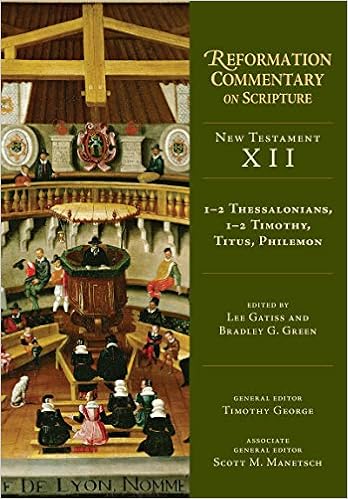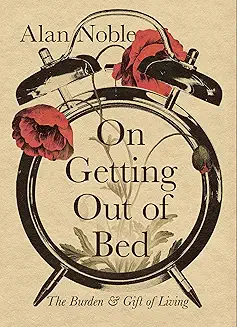Saying What
Needs to be Said, But Should Go Without Saying
Racism is wrong.
Violence based on racial prejudice is wrong. Christians should stand for
justice and equality of all persons. These values not only define what it means
to be American, these American values were derived from Scripture.
God is the creator
of all persons, and longs that they all experience his love and grace. God
longs to create a multi-cultural family of believers that then go out into the
world as peacemakers, reconcilers, and seekers of justice.
God is working
against bigoted, prejudicial behavior through all of Scripture. God punishes
Aaron and Miriam for their bigotry against Moses’ wife Zipporah for her skin
tone (Numbers 12). God calls his people to welcome the stranger. He places
persons with different nationalities in Jesus’ bloodline, like Ruth.
When Jesus
describes a “good neighbor” in the New Testament, he describes someone from a
rival ethnic group to good Israelites (a “good Samaritan). He tells his
disciples to go and make disciples of all nations. Jesus places justice for the
poor as the centerpiece of his ministerial call (Luke 4).
In Acts, we see
God challenging mistreatment of widows of different backgrounds, and the
apostles creating a system to protect the minority group that was being
mistreated. We see God breaking through in challenging the church to welcome
Gentiles into the family of God.
Paul calls the
church to be reconciled, places peace and cooperation of persons of different
ethnic groups as the centerpiece of the books of Romans and Galatians. He calls
for tolerance and acceptance of different social, racial, and cultural mores,
as long as the behaviors are not directly contradictory to Biblical teaching.
He says regardless of gender, race, or economic background we are all united as
equal members of the body of Christ (Galatians 3:28).
The history of our
nation, however, bears with it a long history of racism and racial
violence—often while simultaneously claiming to be acting on Christian
principles. Americans fought a war over slavery, and careful students of
history will know that much of the Nebraska territory was as divided on the
issue as well. North Platte had a race riot in 1929. Very few places have been
immune to racial or cultural conflict.
The United States
military, in a series of conflicts lasting over 100 years, slowly killed off a
large portion of the Native American population after stealing their land. They
forced the rest onto reservations even though many of the people lived in a
nomadic culture. These wounds continue to reverberate.
American racism
has not been limited to blacks and Native Americans. Our treatment, both
through legislation of law and acts to protect American security, has been less
than stellar in how we treat Asian Americans and Latin Americans as well. And,
too often, churches and Christians were either silent or complicit in all these
forms of racism.
And so it needs to
be said, that when a man named George Floyd, an outspoken Christian believer by
the way, gets killed by a police officer on the street, that we need to say
that this is wrong. This needs to be recognized as part of a systemic issue of
violence against vulnerable people of color that includes lychings, cross
burnings, and more. The same is true with a group of white men in a pick-up
truck hunting down and shooting a black young man in Georgia in broad daylight.
This is wrong as well. As are many other examples that have become too numerous
for me to remember every name.
It is also wrong is the way we often
treat and speak of persons who speak Spanish as their first language, the way many
of us make broad sweeping generalizations about Native Americans. Again, the
examples are lengthy.
All of this, this biblical teaching
that racial prejudice and violence is wrong, needs to be said. It needs to be
stated and restated by believers and clergy alike. And so I am doing so, in a
church newsletter, at a timely moment in our national life.
At the same time, I feel frustrated,
because I think understanding this truth and being sensitive to this issue
should go without saying. You know, I think loving our neighbors, and doing
justice for the mistreated is like Following Jesus 101. Actually, it is like
“Common Human Decency 101”. But, over and over again, it needs to be restated.
Its as simple as this. Choose not to
be a jerk. And when you are a jerk, repent and ask for forgiveness, and try and
make things right. Love your neighbor. Love your enemy. Turn the other cheek.
Don’t hate those that are different than you. Stand up for those that don’t
have the power or the ability to stand up for themselves. Help those in need. Be
a person of justice. Be a person of mercy. Be a person that has a passion to
break down walls of ignorance, prejudice, and hate.
.






